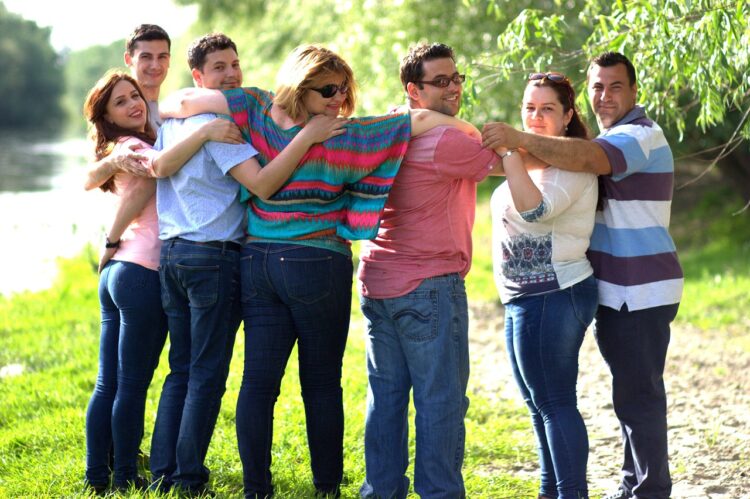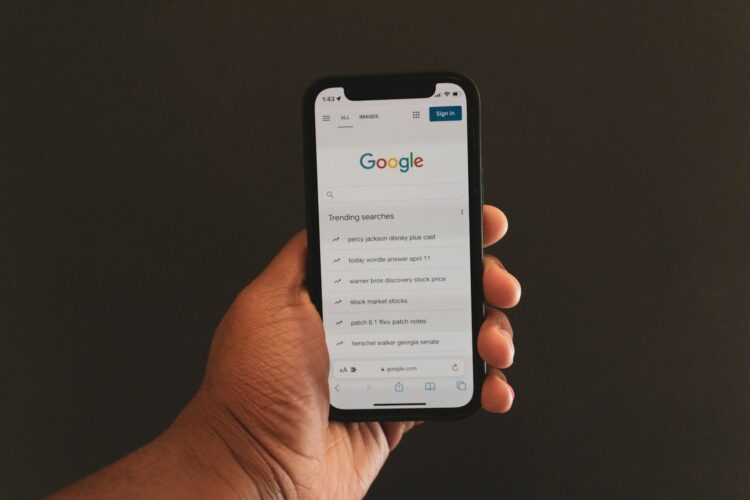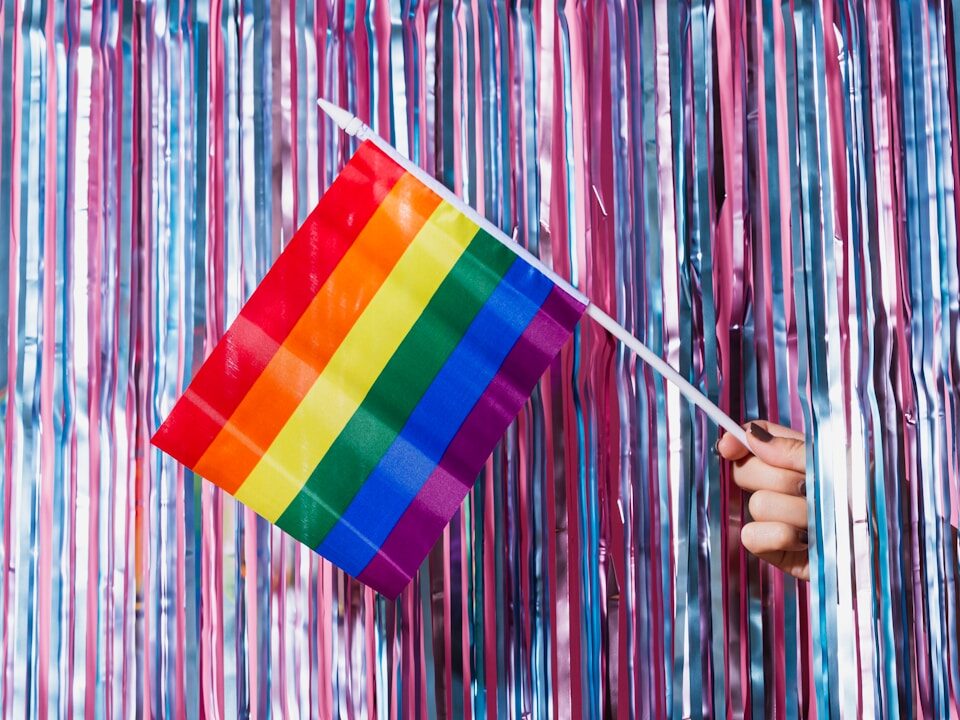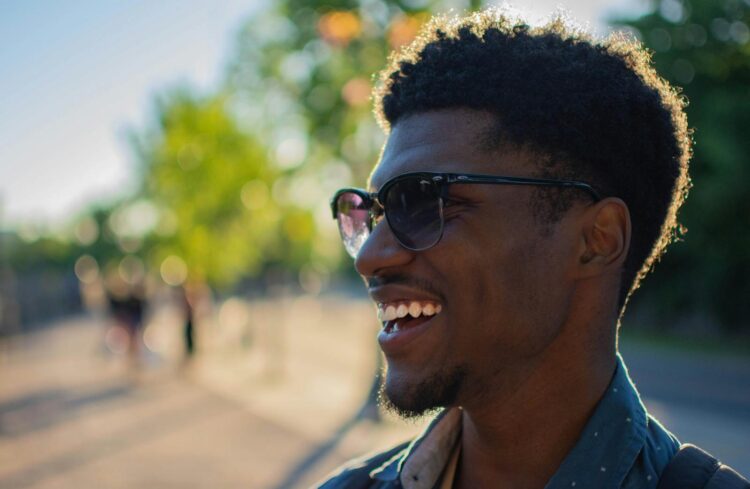
Atheism is gaining ground these days, with more and more people questioning whether they need religion in their lives. It’s not just about saying “no” to gods—it’s about being curious, thinking things through, and going with values that feel right today. So what’s driving this shift? Here are 15 reasons more people are choosing atheism.
Access to More Information

The internet has made it super easy to explore things that used to be hard to find, like different religions, ancient history, and cool scientific discoveries. Instead of just listening to what a local religious leader says, people can check out other viewpoints. Having all this info at their fingertips helps them form their own opinions—and for some, that leads to atheism.
The Growth of Science

Science keeps breaking new ground, answering big questions that people used to explain with “acts of God.” Things like the Big Bang, evolution, and even how our emotions work now have solid evidence behind them. When people see all these explanations, they realize they don’t need supernatural ideas to make sense of things. Plus, science encourages curiosity, while some religions shy away from questions—making atheism a natural fit for curious minds.
Less Pressure to Conform

Think about how life used to be. Religion often dictated who you married, how you lived, and even what you ate. But modern societies are becoming more individualistic, and there’s less social stigma around being different. If someone doesn’t believe in a god, they’re less likely to face judgment today than they would’ve decades ago. This freedom to be yourself has made it easier for people to embrace atheism without fear.
Focus on Human Rights

Religion has been used to justify unfairness, like denying LGBTQ+ rights or holding back women’s freedoms, and to be honest, that turns a lot of people off. Younger generations aren’t afraid to speak up about equality and fairness (seriously, why should they?). Many see atheism as a way to move away from beliefs that don’t match their values. For them, it’s less about rejecting a god and more about standing up for justice.
Rise of Critical Thinking

Critical thinking has become a big thing these days. People are encouraged to question everything—asking “Why?” and “How?”—which makes them think twice about common religious beliefs. For instance, when someone notices that different religions have totally conflicting stories about creation or morality, it can spark doubts—and sometimes, that curiosity leads them to explore atheism as a more logical option.
Religious Scandals

Religious institutions have long been seen as moral authorities, but scandals have shattered that trust. We all have heard those “priest jokes.” The financial frauds to abuse cover-ups leave people questioning the integrity of religious leaders. For many, this disconnect between the teachings and the actions of religious figures makes atheism seem like a more honest choice.
A Desire for Evidence

These days, people want solid evidence before they buy into anything—whether it’s a product review or a big life belief. This “show me the proof” mindset makes it tough for faith-based claims to stick. Questions like “Where’s the proof of miracles?” or “Why don’t we see any clear signs of a god?” pop up a lot. Atheism clicks with folks who value evidence over faith because it doesn’t ask them to believe in something they can’t see.
A Secular Society

In places where religion isn’t tied up with politics or everyday life, it’s way easier to grow up without feeling pressured to follow a specific faith. Take Scandinavian countries, for example—since they’re super secular, they have some of the lowest religious belief rates. People in these areas usually focus more on common human values than spiritual rules, which makes atheism a more natural fit for a lot of them.
The Problem of Suffering

One of the toughest questions religion faces is why a loving god would allow so much suffering. For example, natural disasters, different kinds of diseases, and injustices leave people searching for answers. When religious explanations feel unsatisfactory to people, atheism provides a way to grapple with these realities without relying on a higher power.
Personal Empowerment

Atheism can make people feel like they’re in the driver’s seat of their own lives because it takes the idea of waiting for divine intervention out of the picture. People create their own chances and figure things out themselves. It’s a huge relief knowing they’re in charge of their own fate, not waiting for something else to step in.
Cultural Influence

Pop culture has helped make atheism more mainstream. TV shows, books, and movies now often feature smart, relatable atheist characters. Think of Dr. House or Sheldon Cooper—both flawed but brilliant characters who break the usual stereotypes about atheists. Seeing these kinds of portrayals makes atheism feel less like a taboo and more accessible.
Religious Diversity

When people are exposed to different religions, it can make them question if any one of them really has it “right.” For example, someone raised Christian might meet friends who follow Islam, Hinduism, or Buddhism and see that all these religions claim to have the ultimate truth. This diversity often leads to the realization that if so many religions can exist with totally different ideas, maybe none of them have all the answers.
Relief from Fear

A lot of religious teachings focus on punishments. Letting go of these beliefs can bring relief to people. For example, an atheist may focus on enjoying life and making good choices because it feels right, not out of fear of divine judgment. This freedom often brings a real sense of peace and fulfillment since they’re not always worrying about being punished.
A Sense of Community Without Religion

Atheism doesn’t mean being alone. Not anymore. These days, people can join secular groups, attend humanist events, or even connect with similar people online. All these communities offer support, friendships, and ceremonies like weddings or funerals—without any religious ties. Think of it as a group of like-minded people who don’t believe in god.
Focus on Human Potential

Atheism often shines a light on what people can achieve together. Think of amazing discoveries, incredible art, and acts of kindness that don’t need any kind of divine intervention. For a lot of people, this focus on human creativity and teamwork feels way more inspiring than religious promises of an afterlife.

